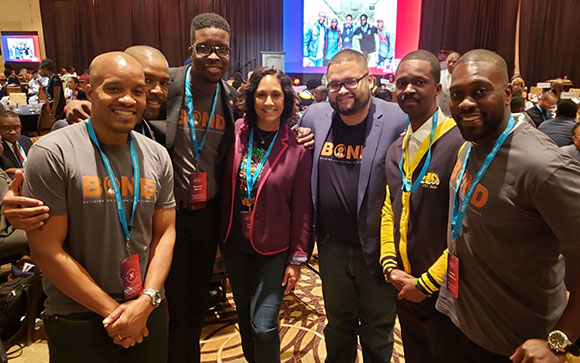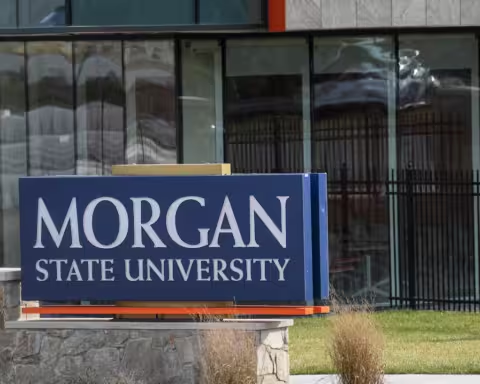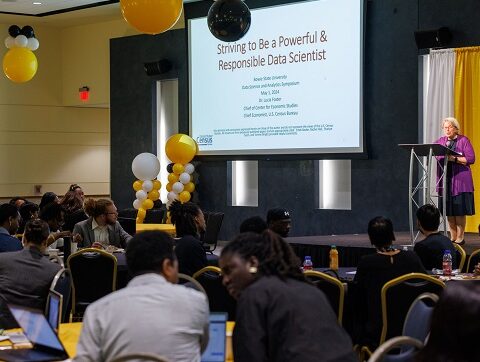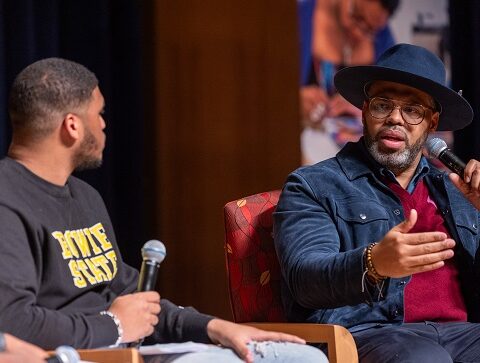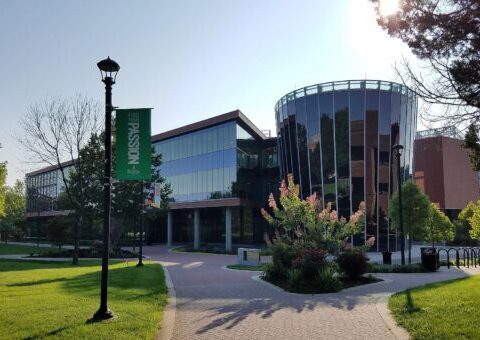Courtesy of Bowie State University
Bowie State University will host the fifth annual BOND Academy education conference from May 19-21 drawing education professionals from all levels to address the nationwide lack of male educators of color in the classroom. According to the National Center for Education Statistics’ National Teacher and Principal Survey, Black men make up less than two percent of public school teachers in the U.S.
Dr. Julius Davis, a Bowie State education professor, says the conference serves as a platform for Black and Hispanic male educators to share their professional insights into the racial disparities in education.
“We recognize from the work we do, they often don’t get opportunities to share their professional knowledge,” said Dr. Davis. “The BOND Academy provides a space for male educators of color to teach others who are in the educational field.”
The topics for this year’s Academy include instructional strategies, educator development and empowerment, workforce diversity and social justice. The conference will feature a keynote address from Dr. Gregory C. Hutchings, Jr., author of Good Trouble at School: A Guide to Building an Antiracist School System, as well as panels and presentations focused on the future of education.
The conference will also serve as an opportunity for students with education career aspirations to learn about the latest trends in the field and connect with teachers and principals for guidance and mentorship as they prepare to enter the classroom.
“They’ll get a wider, broader knowledge of the educational field and issues they need to be aware of and bring into their practice,” said Dr. Davis. “They’ll be informed about the most current things going on in the field. They’ll build a network of folks to expand their reach in education.”
Dr. Davis hopes the conference can serve as a call to action for all those who attend and wants conference attendees to feel equipped with the tools to elevate their professional abilities and overcome any hurdles to reaching their students.
“We know these inequities exist for male educators, students and communities of color,” he said. “We want to make sure folks leave empowered to take action so they can transform the cultures within their schools to address systemic issues that impact these populations of students.”

